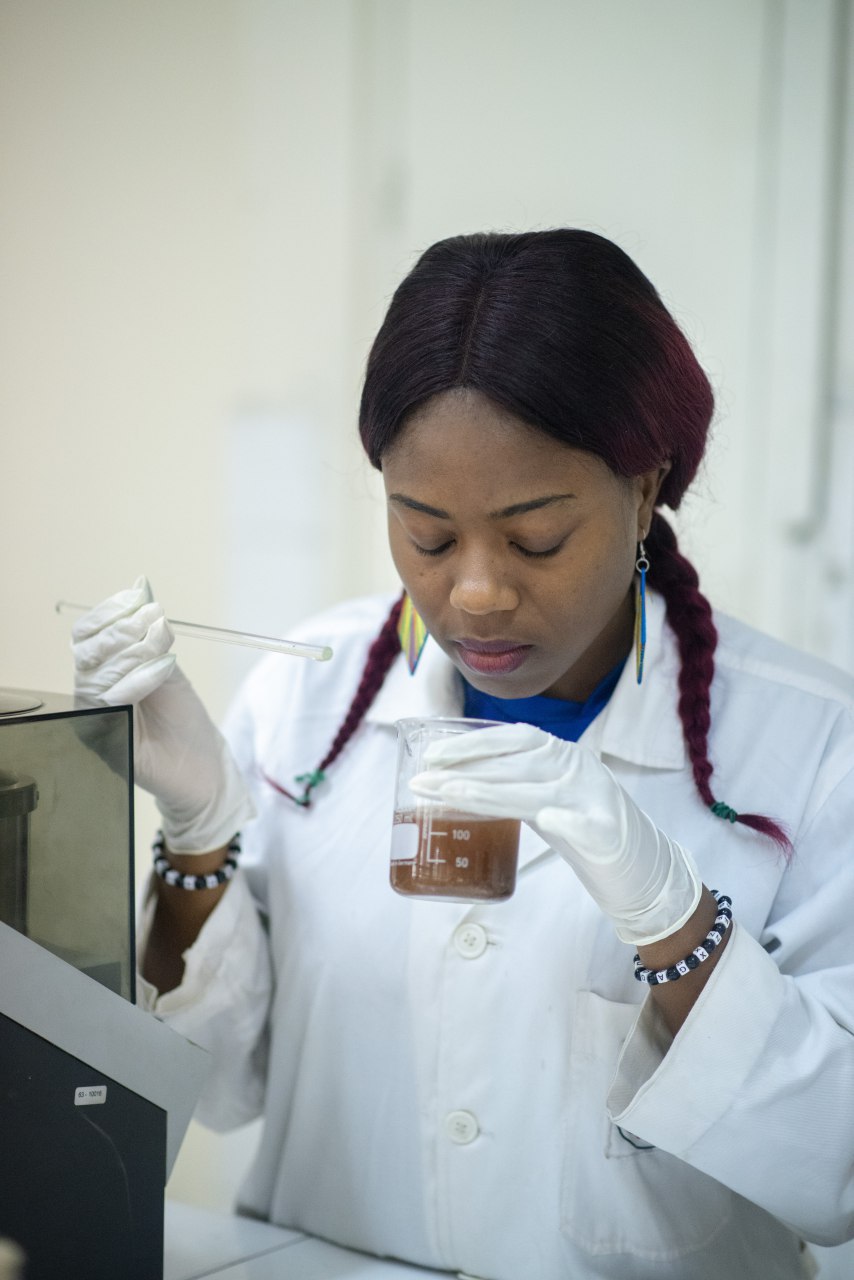Virtues of Coffee
Proven Health Benefits of Coffee: Main organs and functions on which coffee helps fight eventual cancer.
Colon Cancer:
It is proven that about two out of three persons are victims of the colon cancer. This can be avoided by a change of food diet and lifestyle. Unfortunately, no diet can single handedly guarantee and prevent colon cancer. Studies have shown that a regular consumption of coffee considerably reduces the chances of being a victim of colon cancer. According to a study conducted in Canada, the population might have increased their consumption of coffee seeing it move up from five to six cups per day (especially with men).
Another study said people who drank four or more cups of coffee as opposed to those who drink one cup, have a 28 % reduction in the risk of contacting colorectal cancer. This reduced risk of colorectal cancer among the moderate and regular drinkers, was regularly dictated in a dozen of studies conducted in different contexts in ASIA, North and South of Europe as well as North America.
Nevertheless, some of these studies did not lead up to that conclusion. But demonstrations were not conducted in those studies for other factors like smoking and alcoholism that are known for their carcinogenic effects which could have thwarted the study.
How does it function?
Independently, from the increasing in movement of food in the intestines, backed by the duration of exposure of substances provoking cancer, coffee is meant to help reducing the output of bile acids that are known to play an active role in the body.
Coffee also contains many components with strong anti-oxydizing properties such as: caffeic acids, chlorogenic acid and others like cafestol and kahweol with anticarcinogenic activities. We think that the anti-oxydizers play a significant role in the protection of cells and tissues against oxydizing damages.
Pancreatic cancer
Many experts do not think there is a link between coffee and cancer of the pancreas. Since the 1991 report by IARC, the results of seven other studies have been published.
In the past, some studies showed a possible link, but in one of those researches through influenced of smoking, the link with coffee statically had no significant impact.
An advanced study came to show reverse relation indicating the risk of developing pancreatic cancer was greatly reduced among coffee drinkers.
Cancer of the bladder
Among a good number of studies conducted on cancer of bladder, one of the key aspects was to know if coffee consumption was the cause of cancer of bladder. Tobacco is known as one of the factors of the risk of cancer of the bladder was wrongly ranked in those studies.
Based on ten European studies that sampled 564 non-smokers, it revealed that e smokers are more exposed to risks of cancer of the bladder than those who drink coffee.
Thus, a great quantity of information from studies on coffee consumption and its risk of getting cancer of the bladder say, there is a strong link between the consumption of coffee and the risk of developing cancer of the bladder.
Cancer of liver.
Among a good number of studies conducted on the cancer of bladder, one of the primordial aspects was to know if coffee consumption was the cause the cancer of bladder. Tobacco known as one of the factors of the risk of cancer of the bladder was wrongly ranked in those studies.
Considering the analyses done around ten European studies on the 564 non-smokers retained, it comes out that the smoker is more exposed to risks of the cancer of bladder than the one who drinks coffee.
Thus the great quantity of data coming from the number of studies of the population on the consumption of coffee and the risk of the cancer of bladder, clearly excludes after analysis, a strong association between the consumption of coffee and the risk of developing a cancer of the bladder.
The Cancer of the liver.
According to studies conducted in North America and Europe, drinking coffee does not lead to cirrhosis which is the starting -point of cancer of the liver.
Different studies on the effect of drinking coffee and cancer of the liver is favorable. The relation between drinking coffee and the risk of the primary cancer of the liver was examined at least six studies.
In a Japanese study involving 364 coffee consumers, the result showed they had a reduced risk to develop cancer of the liver compared to those who had almost never drunk coffee and that risk diminishes according to the coffee consumed.
To conclude, the data on cancer of the liver, permits us to exclude a strong association with coffee taking and in the same way, other studies showed no risk of association between coffee and pancreatic cancer. As far as the colorectal/intestinal cancer is concerned, the majority of studies indicated a reverse association, meaning a positive effect resulting from the consumption of coffee.


